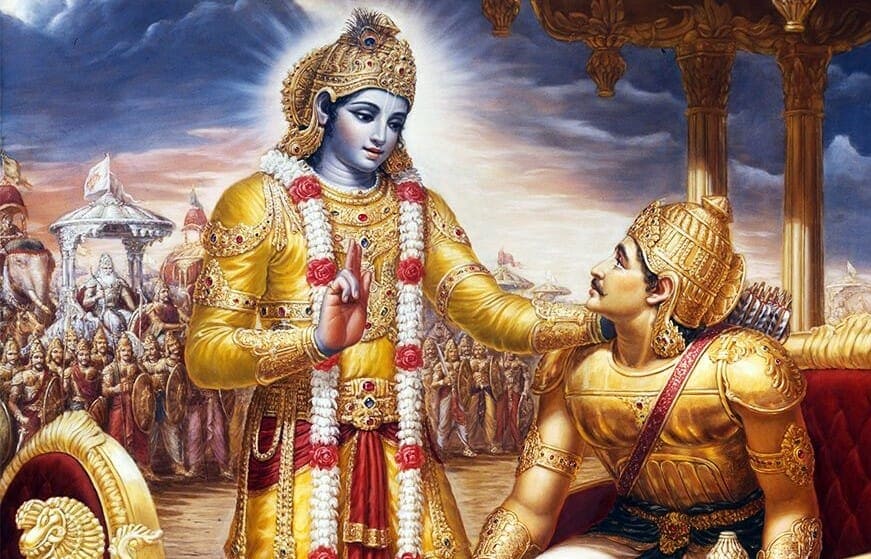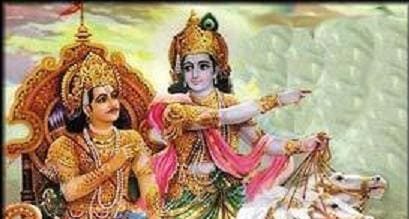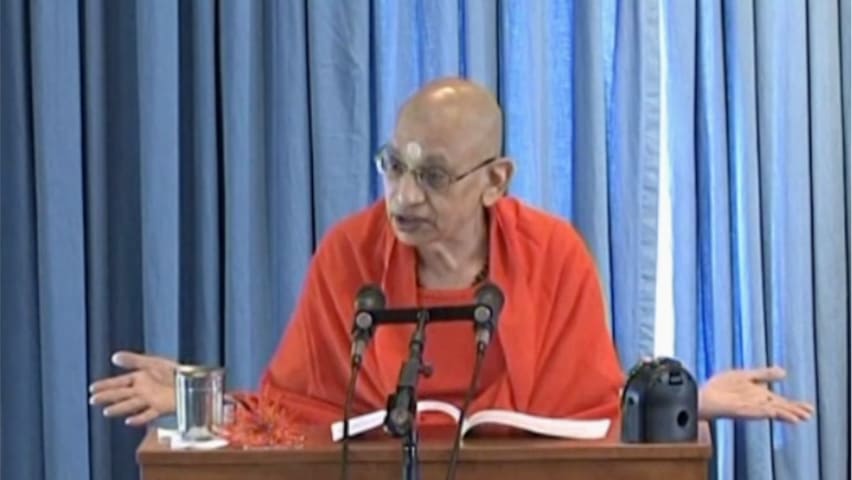JNANA AND VIJNANA
IN SEEKING PARAMESVARA THE END AND THE MEANS ARE THE SAME
Here he is seeking knowledge, knowledge of the whole. This seeking is very peculiar because you can gain the whole by a means which is other than the whole. Since the whole is always whole, the only means of gaining it is to know that I am the whole. There is no other way. Therefore, the end and the means, in the final analysis, become one and the same.
If the means is separate from the end, the end is going to be a limited one, appropriate to the means. If the whole is the end, the only means will be the whole; it cannot be less than that. Therefore, there are no means and end here. That is why it is said that the wise man’s track leaves no footprints. We want to follow the track of a wise man, a man who has followed a path and reached the end, wisdom. It is said that
following the track of a wise man is like following the footprints of a bird in the sky. What footprints does the bird leave behind as it flies? Such are the footprints left behind by the wise man. The idea is that the means and the end are one and the same. There is no track between time and the timeless, between finite and infinite, between the part and the whole, between jeva and Isvara.
Having defined the seeker as one who is totally committed to the pursuit of Paramesvara, Krishna continues. Asamsayam samagram mam yatha jnasyasi tacchrnu. Yatha – in which way, jnasyasi – you will know, mam – Me, Isvara , samagram – in totality, asamsayam – without any doubt, as a whole, as the one who is everything, the one who is endowed with all glories like strength, power, over lordship etc., tat – about that way in which you will know Me, srnu – please listen. By what means, following which trail of thinking you will recognize Me in totality, to that means, please listen.




